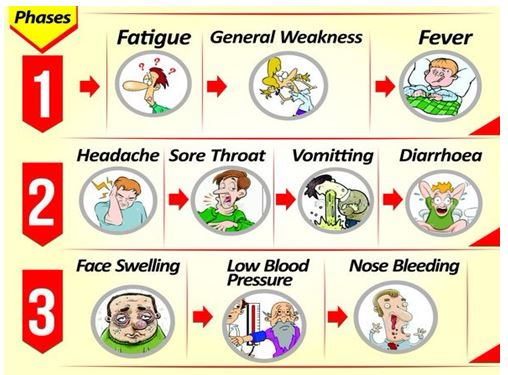
Lassa fever is an acute febrile illness, with bleeding and death in severe cases. It is caused by the Lassa fever virus with an incubation period of 6-21 days. The virus is named after the town in Borno, Nigeria where the first cases occurred.
LASSA FEVER CASES
As at 24th of January 2020, Nigeria Centre for Disease Control (NCDC) confirmed 195 cases and 29 deaths had been reported in 11 states as at 24th of January 2020.
The cases were worse in three states –Ondo, Edo and Ebonyi- carry 85 per cent of the burden of Lassa fever cases currently.
TRANSMISSION

The reservoir or host of the Lassa virus is the “multimammate rat” called Mastomys natalensis which has many breasts and lives in the bush and around residential areas. The virus is shed in the urine and droppings of the rats hence can be transmitted through direct contact, touching objects or eating food contaminated with these materials or through cuts or sores. Transmission also occurs in health facilities where infection prevention and control practices are not observed. Person to person transmission also occurs most especially when a person comes in contact with the virus in the blood, tissue, secretions or excrements of an infected individual.
SYMPTOMS OF LASSA FEVER

TREATMENT AND VACCINES
-The antiviral drug ribavirin seems to be an effective treatment for Lassa fever if given early on in the course of clinical illness.
-There is no evidence to support the role of ribavirin as post-exposure prophylactic treatment for Lassa fever.
-There is currently no vaccine that protects against Lassa fever.
PREVENTION
-Prevention of Lassa fever relies on promoting good “community hygiene” to discourage rodents from entering homes.
-Putting food away in rodent-proof containers and keeping the home clean help to discourage rodents from entering homes.
-When caring for patients with Lassa fever, further transmission of the disease through person-to-person contact or nosocomial routes can be avoided by taking preventive precautions against contact with patient secretions.










